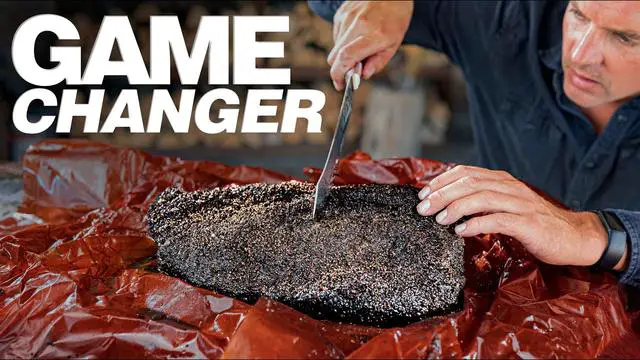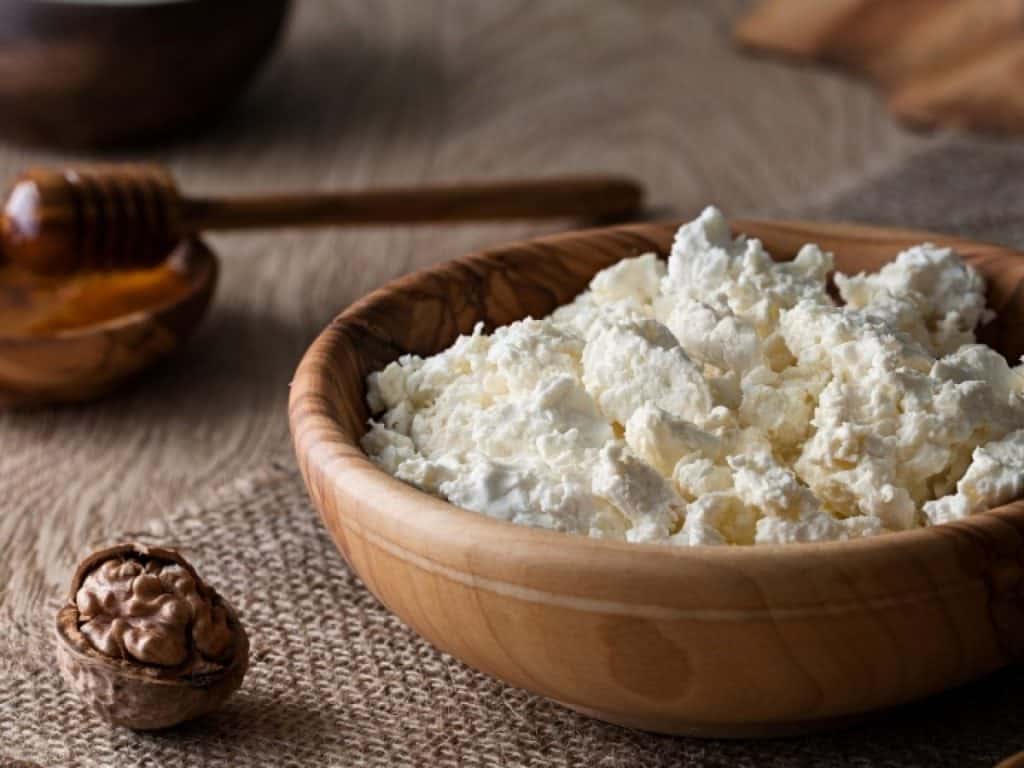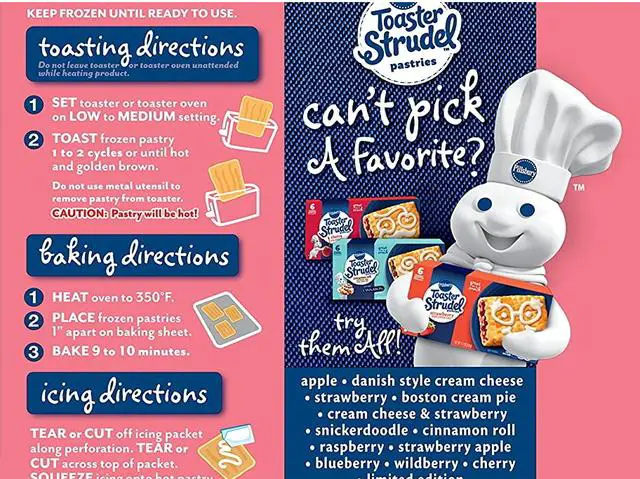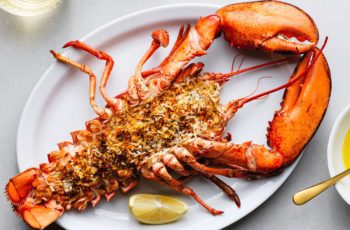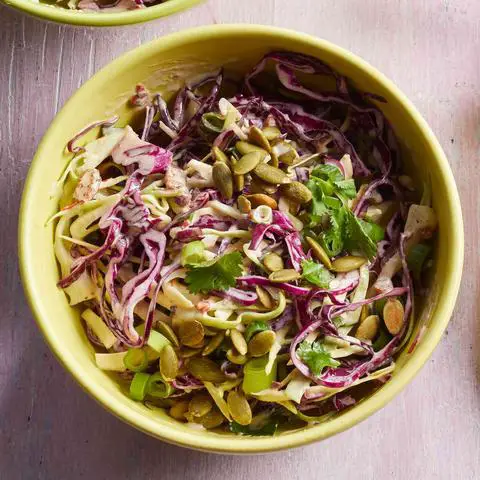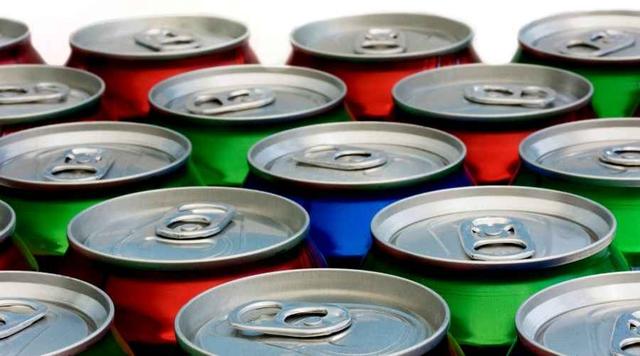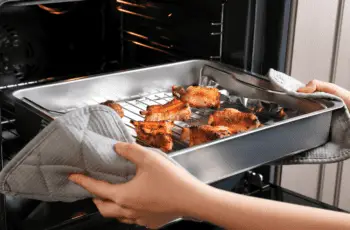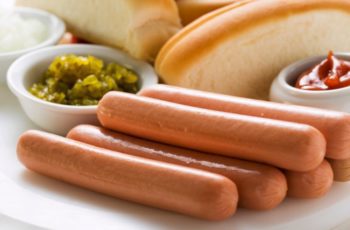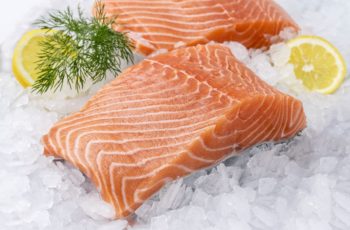
There are so many types of fish in the sea, but none quite as popular as salmon. This pink-fleshed fish is a regular on dinner tables across the country, but how long does it last in the fridge, and is it safe to eat after that? Keep reading to find out.
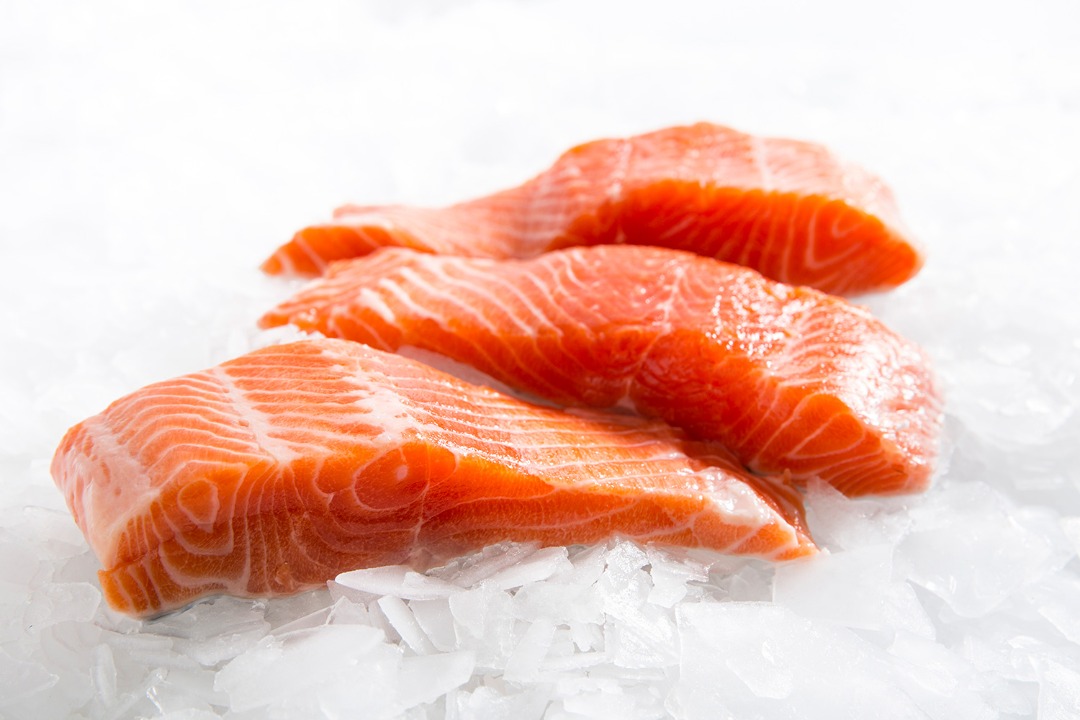
TYPES OF SALMON:
- CHINOOK: With its high-fat content, Chinook is the king of salmon. It has a rich taste with a firm texture and large flakes.
- Coho: Coho has a milder flavor than Chinook and most other types of salmon. It’s also lower in fat than other kinds of salmon, making it a healthier choice. The flesh of Coho salmon is pink or orange.
- Sockeye: Sockeye salmon has a deep red color and is considered to have the best flavor out of all the types of salmon. It’s also very lean, so it can dry out quickly if not cooked properly.
- Chum: Chum salmon has a mild taste and small flakes. It’s often used in canned
- Salmo: Salmo salmon is less common than other types of salmon. It has a strong taste and large flakes.
- Humpies: Humpies are the smallest type of salmon and have a delicate flavor. They’re often used in smoked salmon.
Nutritional benefits of salmon:
Salmon is a good source of protein, omega-3 fatty acids, selenium, and vitamin D.
Protein: Salmon is a good source of protein. A 3-ounce serving of cooked salmon contains about 19 grams of protein.
Omega-3 fatty acids: Salmon is also a good source of omega-3 fatty acids. These healthy fats can help reduce inflammation and lower the risk of chronic diseases such as heart disease and arthritis.
Selenium: Salmon is also a good source of selenium. This mineral plays an important role in thyroid function and can help protect cells from damage.
Vitamin D: Salmon is also a good source of vitamin D. This vitamin is important for bone health and can help boost the immune system.

STORING RAW SALMON IN THE FRIDGE
-Place your salmon in a clean, deep bowl.
-Cover the salmon with a layer of sea salt. Make sure all the surface area is covered.
-Place the salmon in the fridge for 15-20 minutes.
-Remove the salmon from the fridge and rinse it under cold water.
-Pat the salmon dry with a paper towel or clean kitchen towel.
-Wrap the salmon tightly in plastic wrap or place it in a covered container and store it in the fridge for up to 2 days.
how long can the salmon last in the fridge?
The salmon can last up to 2 days in the fridge. However, it is best to consume it within 1 day for optimum freshness and flavor.
How long can fresh salmon last when in the fridge?
The length of time that salmon can be stored in the fridge depends on several factors, such as the type of salmon, how it was caught, and how it was processed.
Wild-caught salmon: Wild-caught salmon can last up to 2 days in the fridge.
Farm-raised salmon: Farm-raised salmon can last up to 3 days in the fridge.
Canned salmon: Canned salmon can last up to 5 days in the fridge.
How long can cooked salmon last when refrigerated?
Cooked salmon can last up to 3 days in the fridge.
HOW LONG WILL FROZEN SALMON BE GOOD IN THE FREEZER?
Frozen salmon will be good for up to 12 months in the freezer. However, it is best to consume it within 3-4 months for optimum freshness and flavor.
COOKED SALMON LAST IN THE FRIDGE
Cooked salmon can last up to 3 days in the fridge.
TIPS FOR STORING SALMON
-If you are not going to consume the salmon within 1 day, it is best to freeze it.
-When freezing salmon, wrap it tightly in plastic wrap or place it in a freezer bag. Remove as much air as possible from the bag before sealing it.
-Label the frozen salmon with the date so you know when it was frozen.
CAN I REFREEZE PREVIOUSLY FROZEN SALMON?
Yes, you can refreeze salmon that has been frozen before. However, the quality of the salmon may decrease and it may not be as fresh tasting.
THAWING FROZEN SALMON
The best way to thaw frozen salmon is to place it in the refrigerator overnight. You can also thaw it under cold running water. Do not thaw salmon at room temperature as this can cause bacteria to grow.
HOW LONG IS COOKED SALMON GOOD FOR, IN THE FRIDGE?
Cooked salmon can last up to 2 days in the fridge.
HOW LONG DOES SALMON LAST IN THE FREEZER?
Frozen salmon will be good for up to 12 months in the freezer. However, it is best to consume it within 3-4 months for optimum freshness and flavor.
SHOULD I PUT COOKED SALMON IN THE FREEZER?
It is not recommended to put cooked salmon in the freezer as the quality and texture of the salmon will change.
HOW TO TELL IF SALMON IS BAD :
-If the salmon has a slimy texture or smell, it is bad and should not be consumed.
-If the salmon is discolored or has brown spots, it is starting to go bad and should be consumed within 1 day.
-If the salmon smells fishy, it is bad and should not be consumed.
How To Reheat Salmon?
The best way to reheat salmon is to place it in the oven at a low temperature (250 degrees Fahrenheit) for a few minutes. You can also reheat salmon in the microwave, but be careful not to overcook it and make sure it is cooked all the way through.
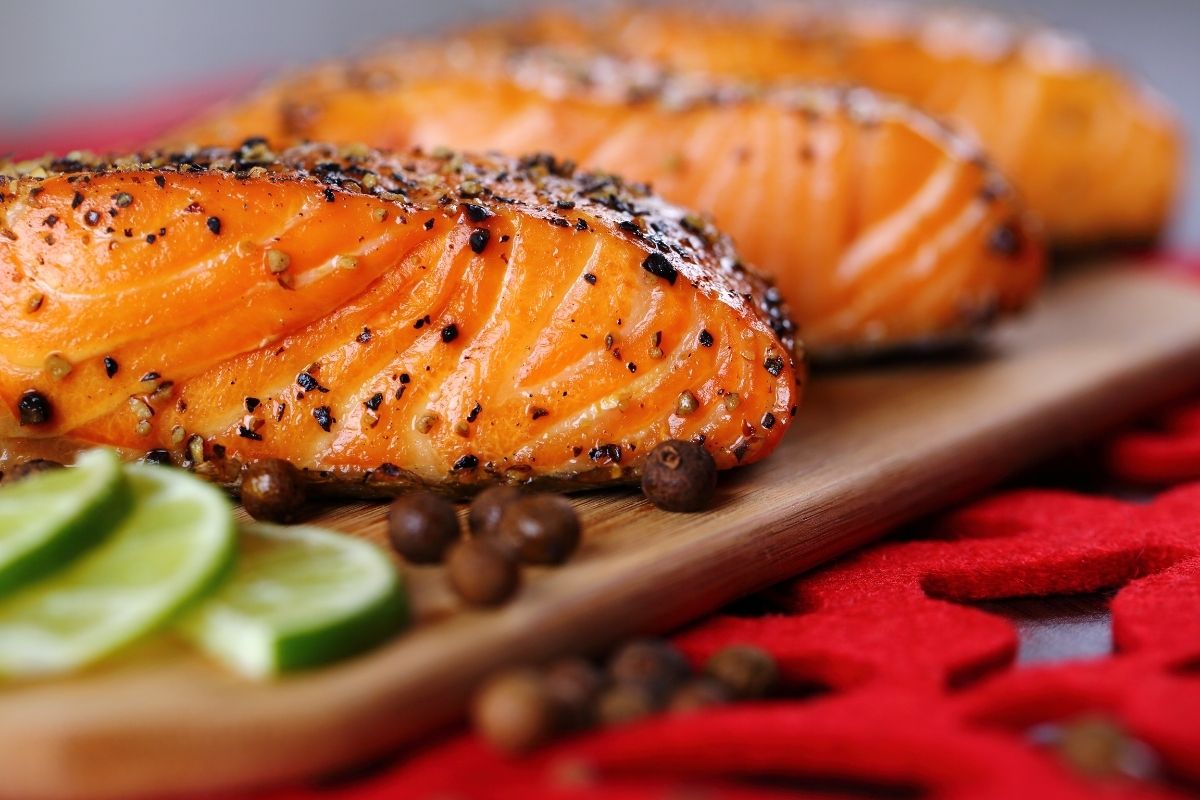
Does Salmon Go Bad In The Fridge?
Yes, salmon can go bad in the fridge if it is not properly stored. Salmon should be wrapped tightly in plastic wrap or placed in a covered container and stored in the fridge for up to 2 days.
How To Store Salmon In The Freezer?
To store salmon in the freezer, wrap it tightly in plastic wrap or place it in a freezer bag. Remove as much air as possible from the bag before sealing it. Label the frozen salmon with the date so you know when it was frozen. Salmon will be good for up to 12 months in the freezer.
How To Choose High-quality Fresh Salmon?
When choosing fresh salmon, look for fish that is shiny and firm with no brown spots. The salmon should also have a fresh, ocean-like smell. Avoid salmon that smells fishy or has a slimy texture.
Wild vs Farmed salmon – What’s the difference?
Wild salmon are fish that are caught in the wild. They are usually smaller and have a more intense flavor than farmed salmon. Farmed salmon are fish that are raised on fish farms. They are typically larger and have a milder flavor than wild salmon.
Wild salmon is caught in the wild and is typically leaner than farmed salmon. Farmed salmon is raised on fish farms and is usually higher in fat.
Easy Salmon Recipe:
Ingredients:
1 pound salmon
1 tablespoon olive oil
Salt and pepper to taste
Instructions:
- Preheat the oven to 350 degrees Fahrenheit.
- Place salmon on a baking sheet lined with parchment paper.
- Drizzle olive oil over the top of the salmon and season with salt and pepper.
- Bake in preheated oven for 15-20 minutes, or until cooked through.
Enjoy!
What are some common mistakes people make when cooking salmon?
Some common mistakes people make when cooking salmon include overcooking, undercooking, and not removing the skin. Overcooked salmon will be dry and have a rubbery texture. Undercooked salmon will be pink in the center and may not be safe to eat.
How can I avoid making these mistakes?
To avoid making these mistakes, we recommend using a meat thermometer to check the internal temperature of the salmon. We also recommend removing the skin before cooking as it can help prevent the salmon from drying out. Finally, we recommend following a recipe or using a cooking guide
FAQs
Can Salmon Last 3 Days in the Fridge?
Cooked salmon can last up to 3 days in the fridge. However, it is best to consume it within 2 days for optimum freshness and flavor.
How Long Does Frozen Salmon Last?
Frozen salmon will be good for up to 12 months in the freezer. However, it is best to consume it within 3-4 months for optimum freshness and flavor.
Can I Refreeze Salmon?
Yes, you can refreeze salmon that has been frozen before. However, the quality of the salmon may decrease and it may not be as fresh tasting.
What Is The Best Way To Thaw Frozen Salmon?
The best way to thaw frozen salmon is to place it in the refrigerator overnight. You can also thaw it under cold running water. Do not thaw salmon at room temperature as this can cause bacteria to grow.
Can I Refreeze Previously Frozen Salmon?
Yes, you can refreeze salmon that has been frozen before. However, the quality of the salmon may decrease and it may not be as fresh tasting.
What Are Some Tips For Storing Salmon?
-If you are not going to consume the salmon within 1 day, it is best to freeze it.
-When freezing salmon, wrap it tightly in plastic wrap or place it in a freezer bag. Remove as much air as possible from the bag before sealing it.
-Label the frozen salmon with the date so you know when it was frozen.
How Long Can Salmon Sit Out?
Cooked salmon can last at room temperature for up to 2 hours. However, it is best to consume it within 1 hour for optimum freshness and flavor.
What happens if I eat bad salmon?
If you eat bad salmon, you may experience nausea, vomiting, and diarrhea. You may also experience headaches, dizziness, and fever. If you experience these symptoms, it is best to see a doctor.
How can I tell if salmon is bad?
-If the salmon has a slimy texture or smell, it is bad and should not be consumed.
-If the salmon is discolored or has brown spots, it is starting to go bad and should be consumed within 1 day.
-If the salmon smells fishy, it is bad and should not be consumed.
Is Salmon Safe To Eat If It Has Turned Brown?
Cooked salmon that has turned brown is safe to eat. However, it is best to consume it within 1 day for optimum freshness and flavor.
What Causes Salmon To Turn Brown?
The salmon may turn brown due to a chemical reaction that occurs when the fish is exposed to oxygen. This is a natural process and does not mean that the salmon has gone bad.
What is the best way to use my leftover salmon?
If you have leftover salmon, you can use it in a number of different recipes. You can make salmon cakes, salmon salad, or salmon pasta. You can also add it to soups or stews.
How Can I Make Salmon Last Longer?
You can extend the shelf life of salmon by freezing it. To freeze salmon, wrap it tightly in plastic wrap or place it in a freezer bag. Remove as much air as possible from the bag before sealing it. Label the frozen salmon with the date so you know when it was frozen. Salmon will be good for up to 12 months in the freezer.
Can I refreeze previously frozen salmon?
Yes, you can refreeze salmon that has been frozen before. However, the quality of the salmon may decrease and it may not be as fresh tasting. We would not recommend reheating your salmon more than two times.
Is it safe to eat cold-cooked salmon?
Cooked salmon that has been refrigerated is safe to eat. However, it is best to consume it within 2 days for optimum freshness and flavor.
How long does frozen salmon last?
Frozen salmon will be good for up to 12 months in the freezer. However, it is best to consume it within 3-4 months for optimum freshness and flavor.
What’s the difference between fresh and frozen salmon?
Fresh salmon has never been frozen and will have a more delicate texture. Frozen salmon has been flash frozen and will have a firmer texture. Both types of salmon are safe to eat.
Is canned salmon healthy?
Canned salmon is a good source of protein and omega-3 fatty acids. It is also low in mercury. However, canned salmon may contain added sodium and other preservatives.
How long does canned salmon last?
Canned salmon will be good for up to 2 years if it is stored in a cool, dry place. Once opened, it should be consumed within 3 days.
What is the best way to cook salmon?
There are many ways to cook salmon. Some popular methods include baking, grilling, and pan frying. Salmon can also be cooked in a slow cooker or Instant Pot.
How do I know when my salmon is done cooking?
The best way to determine if your salmon is done cooking is to use a meat thermometer. The salmon is cooked through when it reaches an internal temperature of 145 degrees Fahrenheit.
Learn More About Grilling
If you want to learn more about grilling, check out these other helpful resources!

